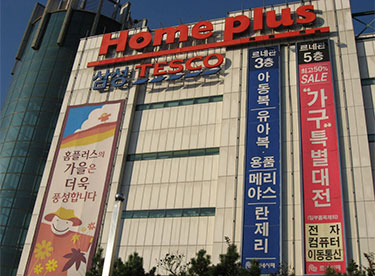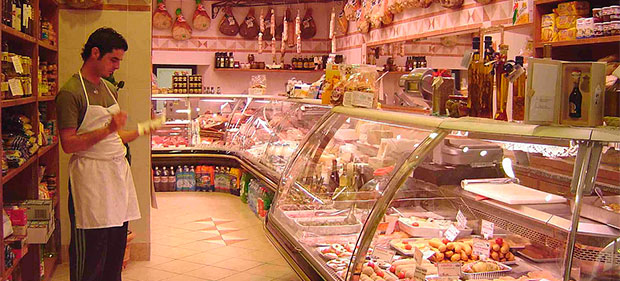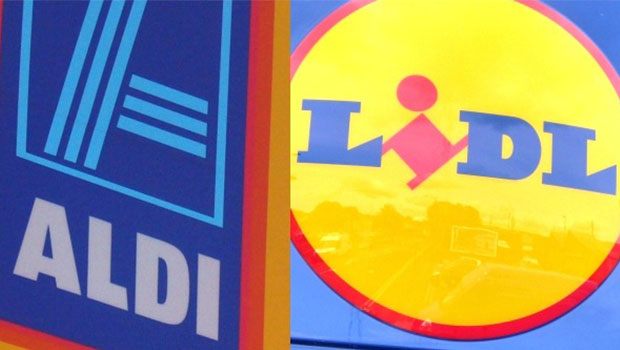Aldi and Lidl have done a lot to disturb the traditional British retail scene in recent years essentially creating a new niche of ultra low price quality goods. This has been so effective, so we are told, that conventional retail needs a rethink. We thought it might be a good idea to look a little further out to see just where retail might go, and how the UK big four might hit back.
Bill Gates isn’t very cool, and he isn’t notably brand savvy, and his personal understanding of retailing probably lacks finesse, but he does have a great understanding of technology and how it will change everything. According to Bill, we overestimate the impact technology will have in the short term, and underestimate the impact it will have in the long term. What does Bills law imply for retail brands?
A couple of years back I was in Chicago and visited one of the spookiest supermarkets I have ever shopped. It was in the dark cold hours of a jet lagged morning and other than one additional lost soul stalking toothpaste and cereals I was completely alone. I put what I wanted in my basket, paid at the automatic checkout, the store exit opened and I was free. What seemed like a near paranormal urban experience then is now commonplace in lots of supermarkets in the UK. We have all seen the express checkout become automated and with the cost of staff being so significant it won’t stop there. With suppliers to stock the shelves and an IT support contract supermarkets can be entirely self-service.

Tesco’s experiment with out of store interfaces in South Korea points to another trend that will emerge fully formed in the UK any day now. Being able to ‘shop’ on your way home by means of an interactive wall at the train station with your smart phone is another way for retailers to expand their footprint without the cost of more bricks and mortar while taking the drudgery out of commuting for the consumer.
Virtual shopping helped Tesco increase their online sales in Korea by 130% in under a year helping them become the leading online retailer and boosting the brands reputation.
Which brings another interesting technology driven trend into focus. With online sales replacing the high street ‘virtual high-streets’ are already with us, we just don’t think of them that way. We need a new unifying meme to help the consumer over this mental block, a collation of online stores that the consumer can think of as their own personalized high street packed full of their favorite shops.
‘Openhighstreet.com’ is attempting just this for small high-street shops and has enjoyed some success.Consumers have a preference for local produce and the Supermarkets have an endless appetite for new products to trial. Expanding the supermarket brands websites to collate local suppliers brands offers the consumer even greater choice, offers the supermarket brands a risk and cost free NPD tool and offers an opportunity for new brands and new suppliers to connect with the supermarkets regional and national markets.
The next step is applying some of the sophistication that Google’s form of intelligence gathering can offer to form a virtual high street of local, regional and national brands and anticipating needs and producing profiles of new products for suppliers to fill. For brand owners and supermarkets alike, this looks like opportunity all the way without the need for high risk. I am guessing Bill Gates would suggest some cautious experimentation now would be wise, with the expectation that the rewards for the careful early experimenter may just be market domination later.
Writtten by Lulu Laidlaw-Smith, Commercial Director of Honey

